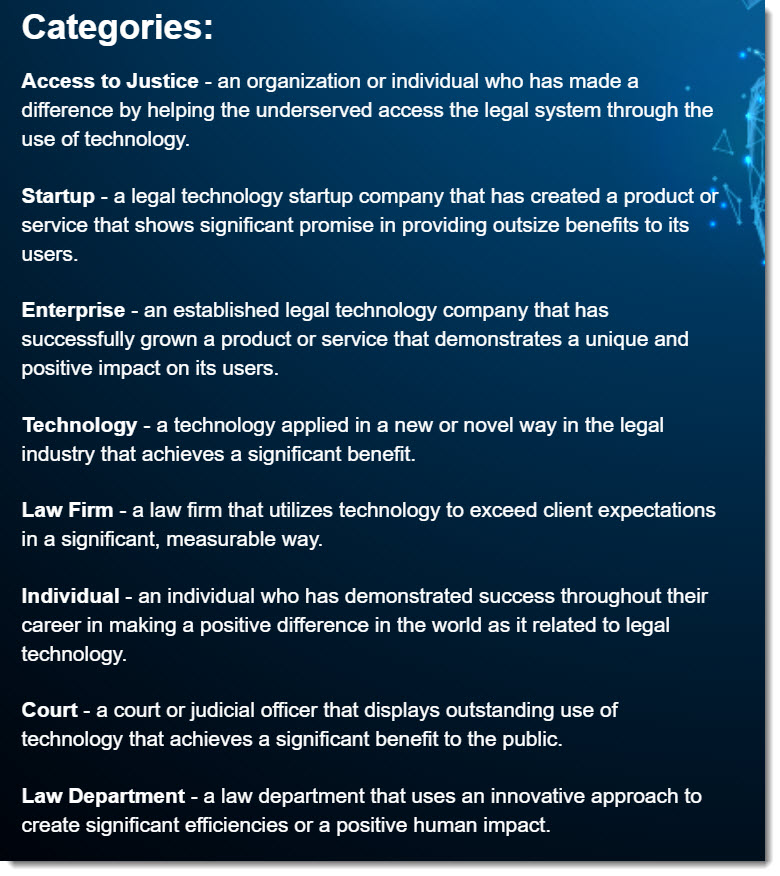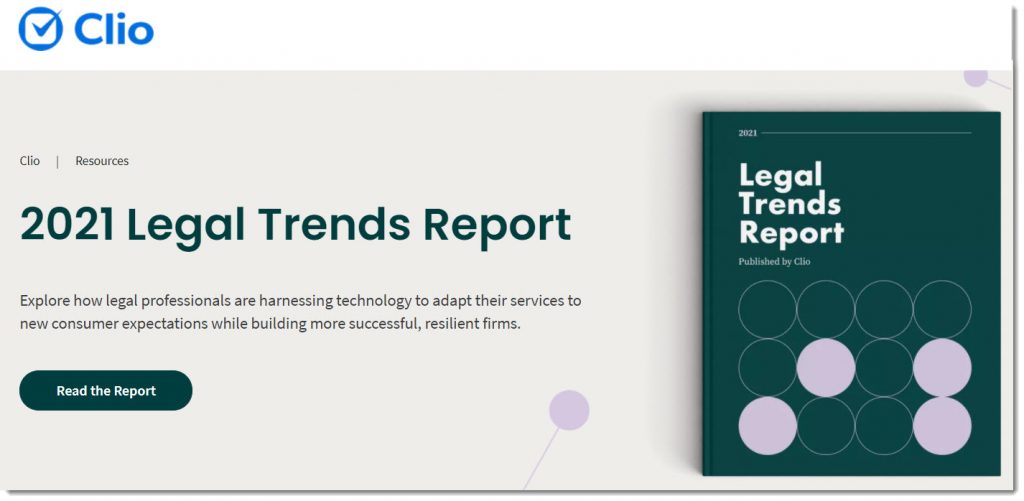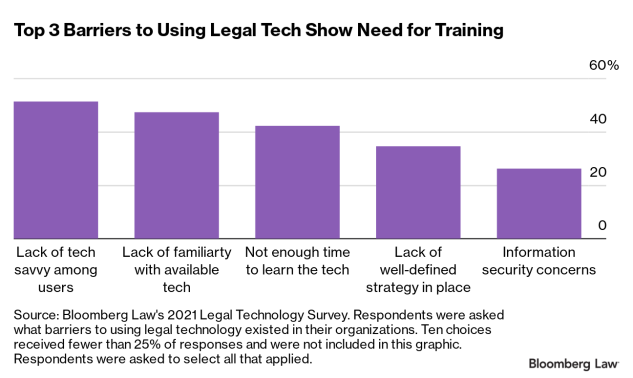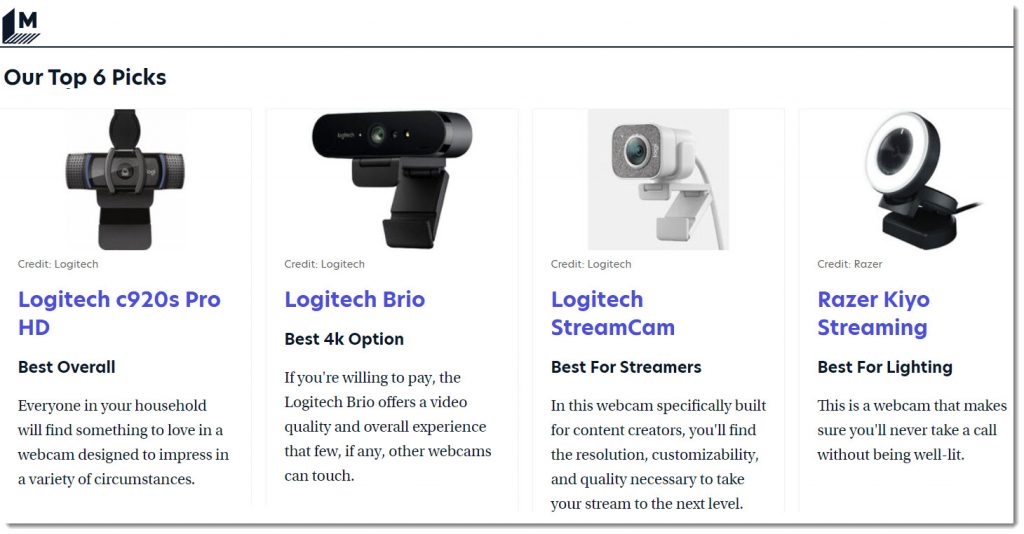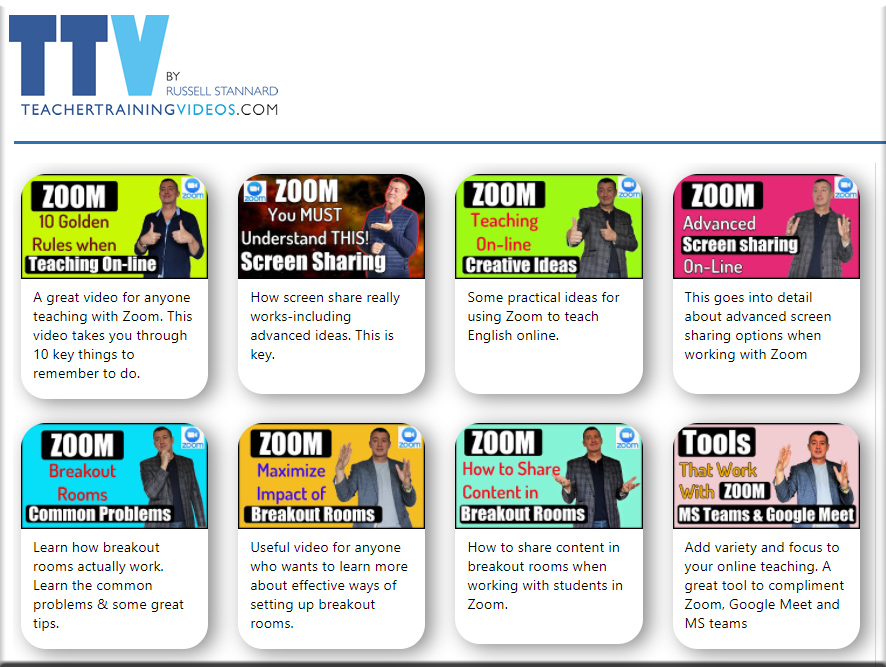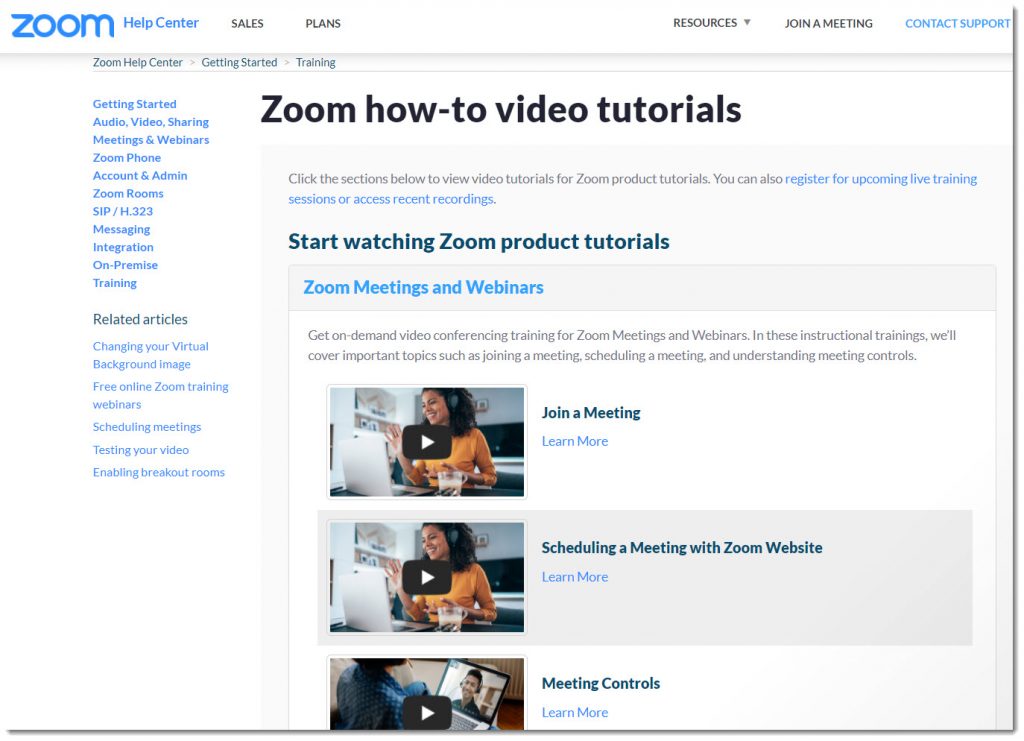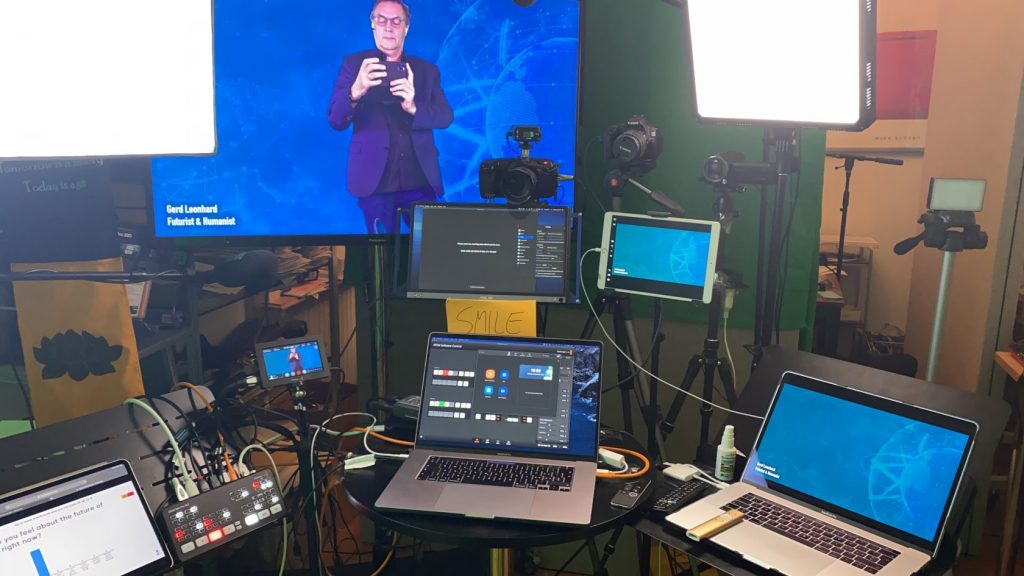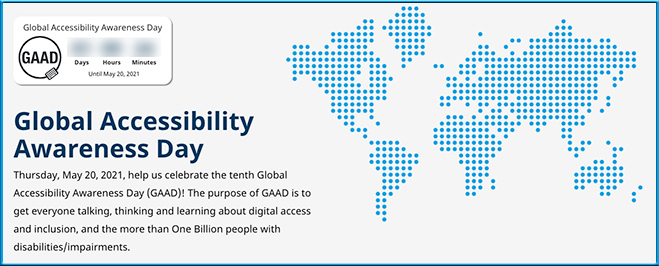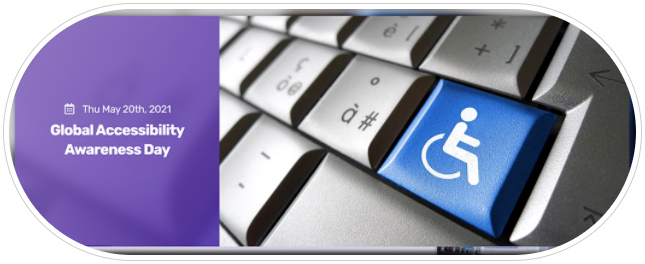Legal Technology: Why the Legal Tech Boom is Just Getting Started — from nasdaq.com by Casey Flaherty and Jae Um of LexFusion; with thanks to Gabe Teninbaum for this resource via his Lawtomatic Newsletter, Issue #136
Excerpt:
In quick succession, legal technology finally saw its first IPOs:
With private money pouring into legal tech startups and based on our own conversations inside the industry, we at LexFusion expect more IPOs on the horizon. Thus, a primer on legal tech as a category to watch. This Part I summarizes the legal market fundamentals driving unprecedented investment in enabling tech—much of which extends beyond the boundaries implied by “legal” as a descriptor.
A pivot point appears to be upon us. Considered unthinkable a decade ago, US states and Canadian provinces—following similar reforms in the UK and Australia that have resulted in the first publicly traded law firms—are rapidly creating regulatory sandboxes to expand current rules limiting (a) who can provide legal services and (b) who can own those businesses.
From DSC:
One can see why #AI will become key. “…the projected CAGR for global data volumes is 26%—to pt where ‘the amount of data created over the next three years will be more than the data created over the past 30 years.’ This data explosion complicates even standard legal matters.”
Gabe also mentioned the following Tweet, which is relevant for this posting:









